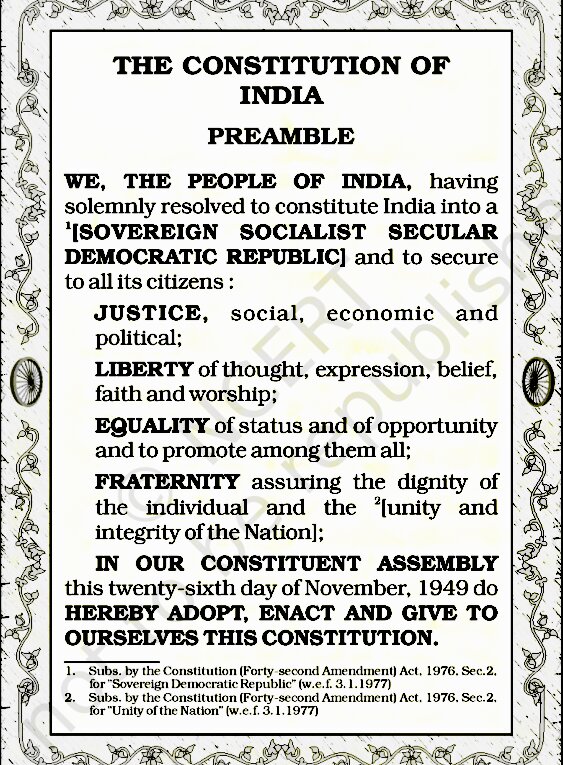This article addresses a deeply concerning incident involving Justice Shekhar Kumar Yadav of the Allahabad High Court, whose speech has been criticized for promoting hatred and bigotry.
Such remarks starkly contradict the principles enshrined in the Indian Constitution, which guarantees justice, equality, liberty, and fraternity for all citizens. The judge’s comments have been perceived as an attack on these values, sparking widespread alarm and disappointment.
What makes this particularly troubling is that the remarks came from a sitting judge, someone responsible for upholding the law and defending constitutional ideals.
Instead of fostering unity, his speech seemed to encourage division and hostility, which is dangerous coming from a position of authority. Words like these don’t just stay words—they embolden others to act on them, potentially fueling violence and discrimination.
The incident has prompted significant reactions. Opposition members of Parliament have initiated impeachment proceedings against Justice Yadav, the Supreme Court has sought a report on the matter, and concerned citizens have written to the Chief Justice of India demanding action. Yet, the article argues that these steps, while necessary, may not be enough to address the gravity of the issue or prevent similar occurrences.
The problem, as the author explains, isn’t just about one judge or one speech. It’s part of a larger, troubling pattern where people in positions of power use their influence to promote divisive and prejudiced views.
This trend undermines India’s secular and inclusive ethos and threatens the harmony and safety of communities. It damages not only minorities or specific groups but the fabric of society as a whole.

The author points out that such incidents harm more than just immediate victims. They create an atmosphere of fear and mistrust, disrupt peaceful coexistence, and impact shared spaces like neighborhoods, workplaces, and places of worship.
These consequences make it clear that words from those in power carry immense weight and responsibility.
While responses like reports, inquiries, or mild reprimands are a start, the author believes they are insufficient. Even impeachment, though symbolic, is unlikely to succeed due to political interference.
This case highlights a deeper problem: the blurring of lines between judicial and political spaces, which threatens the judiciary’s independence. Holding individuals accountable is vital to preserving the dignity of the judicial system.
The author calls for a stronger, collective response. Inspired by India’s legacy of peaceful resistance, like Gandhi’s satyagraha, citizens, leaders, and members of the judiciary must unite to uphold constitutional values. The Constitution belongs to everyone, and defending it is a shared responsibility.
The article ends with a reminder of the words “We the People” from the Constitution’s Preamble, which represents all Indians, regardless of religion, caste, or background.
This unity is the foundation of the nation, and the responsibility to protect it lies with all of us. Now more than ever, it’s important to reaffirm our commitment to the democratic and inclusive values that define India.
.…join our telegram channel for regular updates of The Hindu Epaper Editorial Explanation-https://t.me/Thehindueditorialexplanation
The Hindu Epaper Editorial Explanation given by Hello Student is only a supplementary reading to the original article to make things easier for the students.
In conclusion, preparing for exams in India can be a daunting task, but with the right strategies and resources, success is within reach. Remember, consistent study habits, effective time management, and a positive mindset are key to overcoming any academic challenge. Utilize the tips and techniques shared in this post to enhance your preparation and boost your confidence. Stay focused, stay motivated, and don’t forget to take care of your well-being. With dedication and perseverance, you can achieve your academic goals and pave the way for a bright future. Good luck!
The Editorial Page of The Hindu is an essential reading for all the students aspiring for UPSC, SSC, PCS, Judiciary etc or any other competitive government exams.
This may also be useful for exams like CUET UG and CUET PG, GATE, GMAT, GRE AND CAT
To read this article in Hindi –https://bhaarat.hellostudent.co.in/
.
.

